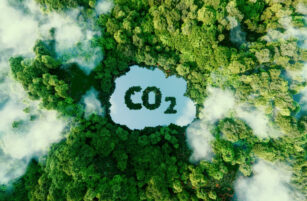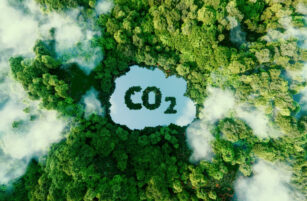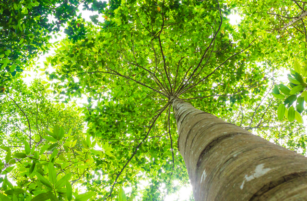Insight Focus
The EU announced it would postpone the implementation of EUDR. This came after protests from trade partners and agricultural advocates. The regulation prohibits importing food from countries at risk of deforestation.
EUDR Delayed Until 2025
After a series of discussions with countries such as Brazil, the main supplier of agricultural commodities to Europe, and representatives of the global food trade chain, European regulators decided to postpone the implementation of the deforestation law by one year.
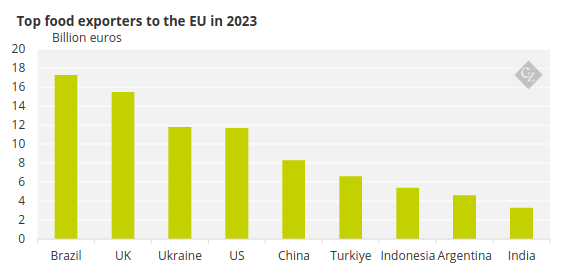
Source: European Commission
The new date for the rule to come into force is December 2025. The law prohibits the import of food from countries with deforested areas, including soy, meat, palm oil, wood, cocoa and rubber.
The decision did not come as a surprise to international trade professionals and government representatives, who had been expressing concern about the lack of clarity regarding some points of the law. There is also criticism that the law places higher burdens on smaller food producers.
To better understand this subject, we interviewed lawyer Rodrigo Lima, partner at Agroícone, specialised in international relations and sustainability in agribusiness.

Rodrigo Lima. Publicity photo
What led to the postponement of the implementation of Europe’s deforestation law?
One of the main reasons was the lack of details on important points. It will be necessary, for example, to provide various information about the food production area, but it is not yet known exactly which documents and certifications will be requested. After appeals from countries like Brazil and the global trade chain, the EU decided that postponing the implementation of the law will be important in order to define these issues.
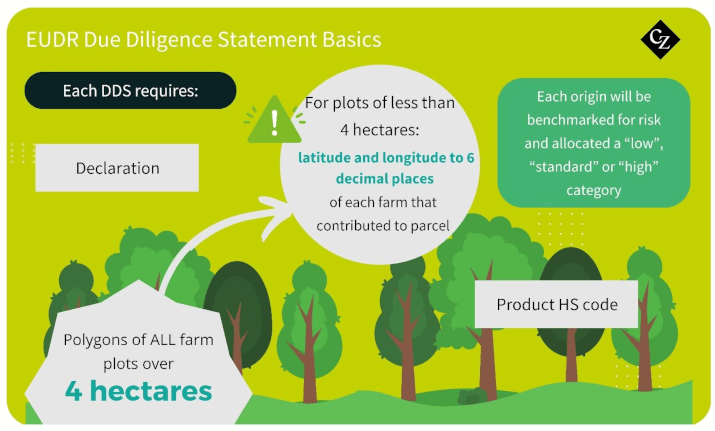
Can you elaborate on the discussion that European law overrides the legislation of exporting countries?
In the case of Brazil, the law allows the suppression of vegetation within certain limits and rules. The Forest Code requires the preservation of native forest on rural properties. The European standard creates extraterritorial rules, defining obligations in other countries, which is seen as something complex. And the burden will be on the importer, who will need to manage, for example, the level of risk in the production area. In any case, we have an obligation to combat illegal deforestation and preserve the environment.
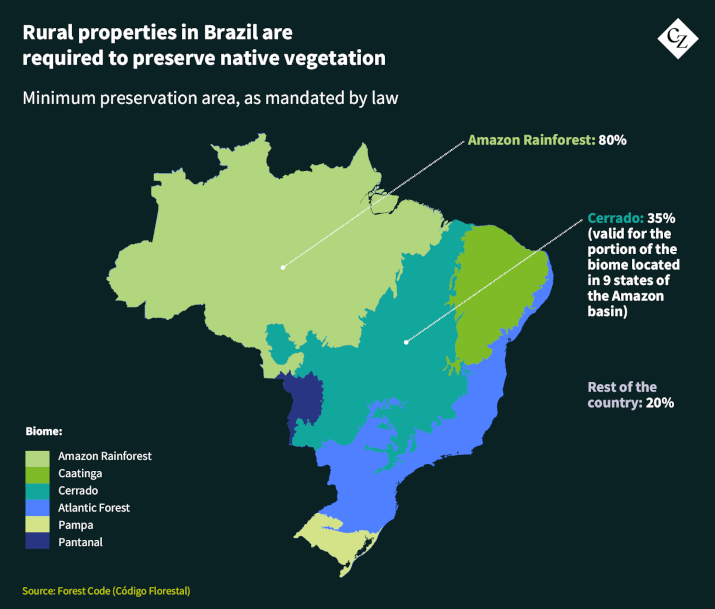
Would the importer also need to bear higher costs and possible penalties?
Exactly. The law provides that the importer must present information about the complexity of the food production chain. This is not trivial, and all of this generates costs, which can impact the final price of food. In case of non-compliance with the requirements, there would be fines. And it was not clear exactly what type of documents and steps will be requested.
Will risk areas also be defined, where agricultural production would be more subject to environmental problems?
Yes, but the criteria need to be better defined. We understand that places with greater deforestation or indigenous populations may have a greater risk, but it is necessary to specify all factors that will interfere with this classification.
In any case, the importer can simply decide not to sell products from risk areas. As a result, several producers who do everything right may be excluded, including small farmers. So, the law may end up causing exclusion and not have much impact on resolving the issue of deforestation.
What are the main criticisms of the legislation?
The intention is to reduce deforestation in the world, but there are doubts whether the rule, as it was created, will really help. Furthermore, one of the main concerns is with small producers, who may not be able to afford the costs of obtaining certifications. And there are many small landowners in Brazil*.
(*editor’s note: rural properties of up to 10 hectares are considered small).
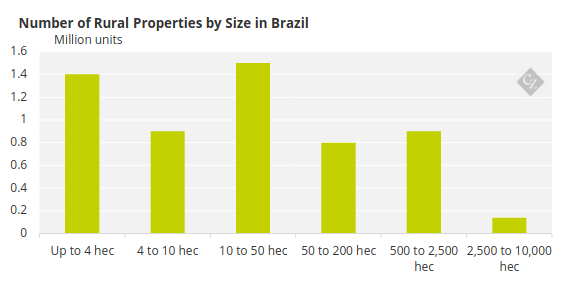
Source: IBGE
What would be a more effective way to help reduce deforestation?
One of the ways would be to help family farmers register with the Rural Environmental Registry (CAR), whose registration deadline has been extended until December 2025 for small farmers. CAR is a government instrument for mapping degraded and preserved areas in the countryside, which helps plan environmental conservation.
I would like to reinforce that the ultimate objective of European law, to end deforestation, is correct. But in its current form, the EUDR gives the impression that this goal may not be achieved and, furthermore, several points of the law remain to be defined.
Finally, what needs to be clearer in the law?
It needs to better define what type of document and certification will be necessary for the steps that will need to be carried out, what criteria will be used to define risk areas and what will need to be done to manage the risk. This is what we hope to do by the end of next year.



